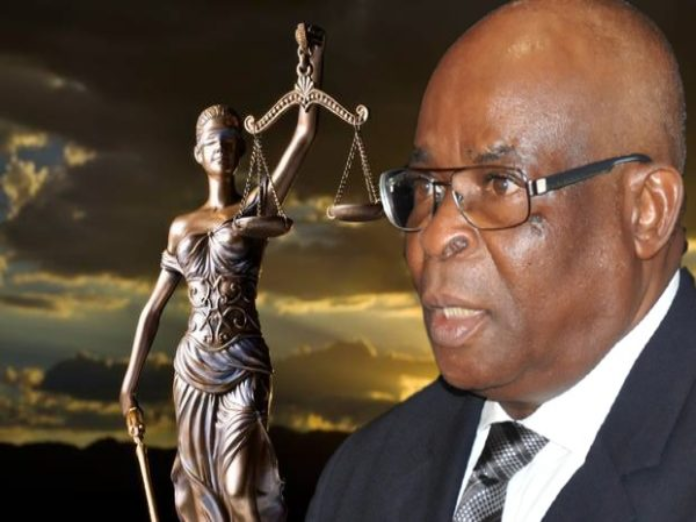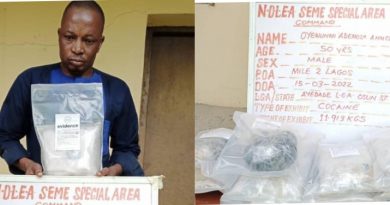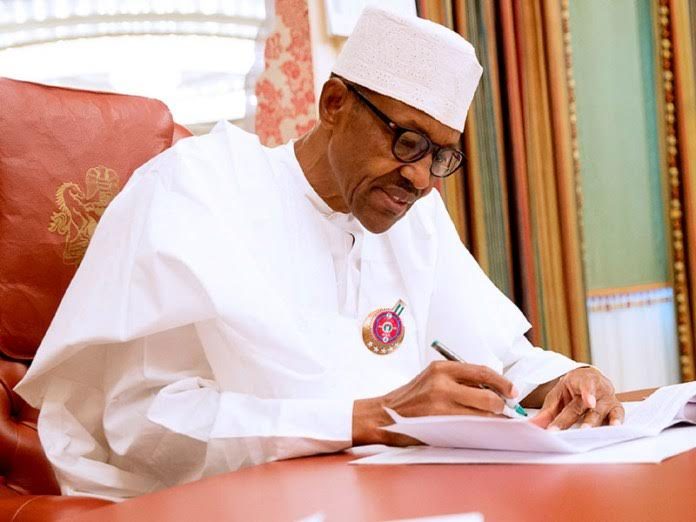Onnoghen’s Trial: What prosecution witnesses told CCT
The Nigerian government, on Thursday, closed its case against the suspended Chief Justice of Nigeria, Walter Onnoghen.
Mr Onnoghen is facing trial on false asset charges brought against him by the Code of Conduct Bureau.
He was suspended by the president, Muhammadu Buhari, on January 25 following the allegations.
The prosecution presented three witnesses before closing its case against the suspended judge.
Witness 1
The first persecution witness, James Akpala, an investigative officer with the bureau, told the court, during the CCB received the petition against Mr Onnoghen from a petitioner, Denis Aghanya, on January 9.
Mr Akpala, whose testimony was given on March 18, said he was asked to investigate the content of the petition from Mr Aghanya, a member of the All Progressives Congress, on January 10.
With Mr Akpala in the witness box, the lead prosecution lawyer, Aliu Umar, admitted six documents said to have been investigated by the first prosecution witness.
The documents included Mr Aghanya’s petition, which gave rise to the six count charge against Mr Onnoghen, and two of Mr Onnoghen’s asset declaration forms, which were both filed by Mr Onnoghen in December, 2016.
The other documents admitted were Mr Onnoghen’s Supreme Court identity card, his traveling passport and a Standard Chartered Bank document which all made up Mr Onnoghen’s account opening package.
Also admitted in evidence was Mr Onnoghen’s handwritten statement taken by a team of investigators at his office on January 11.
According to the witness, one of the declaration forms submitted by Mr Onnoghen had two bank accounts while the other had seven bank accounts.
He said the bank accounts included two Union Bank details and five others with Standard Chartered Bank.
In its account of the proceedings for that day, the Punch Newspaper said Mr Akpala was asked during cross examination to read out the dates written on the charge sheet earlier submitted at the tribunal.
The information read out by Mr Akpala proved a point made by the defence that the charge sheet was prepared before the investigation team visited Mr Onnoghen at his office.
That submission was not objected by the prosecution.
Asked whether the charge sheet was filed within 24 hours of commencement of investigation, Mr Akpala responded in the affirmative.
Mr Akpala declined comments when asked to speak on the reason the bank statements shown to Mr Onnoghen by the CCB was addressed to the Economic and Financial Crimes Commission, (EFCC).
Witness 2
During his testimony, the second witness, Awwal Yakassai, also a staff of the bureau, testified that the asset declaration forms submitted by Mr Onnoghen were yet to be verified by the Code of Conduct Bureau.
Mr Yakassai was presented before the tribunal on March 21.
He reiterated a point made by Mr Akpala that the forms were both submitted the same day by Mr Onnoghen, and also confirmed that the forms were the basis upon which the charges against the suspended Chief Justice were filed.
Mr Yakassai was the CCB officer who collected the forms when they were filed by Mr Onnoghen in December 2016.
During cross examination, Mr Yakassai was shown the portion of the forms expected to have been signed as a measure of verification by the CCT. The portion shown to Mr Yakassai were confirmed blank by the witness.
Mr Yakassai also admitted, when confronted with a submission by the defence, that the content of the petition written against Mr Onnoghen was a ‘practical duplication of the details entered by Mr Onnoghen in his asset declaration forms.’
Witness 3
In her testimony, the third prosecution witness, Ifeoma Okagbue, a staff of the Standard Chartered bank who was also presented on Thursday told the tribunal that Mr Onnoghen did not have as much as $1million or £1 million in all the bank accounts, a denial of a major plank upon which the charges against him were built.
Ms Akagbue, who told the tribunal that she started to manage Mr Onnoghen’s account in 2015, added that all five accounts mentioned in the charges had the Bank Verification Numbers.
The witness also told the tribunal that the various accounts were domiciliary, not foreign.
With the closing of case by the prosecution, Mr Onnoghen’s team of lawyers informed the court of their desire to file a no-case submission during the next adjourned date.
The defence lawyers led by Adegboga Awomolo also asked the court for copies of the previous proceedings.
The case was then adjourned till March 29.
Source: Premium Times




